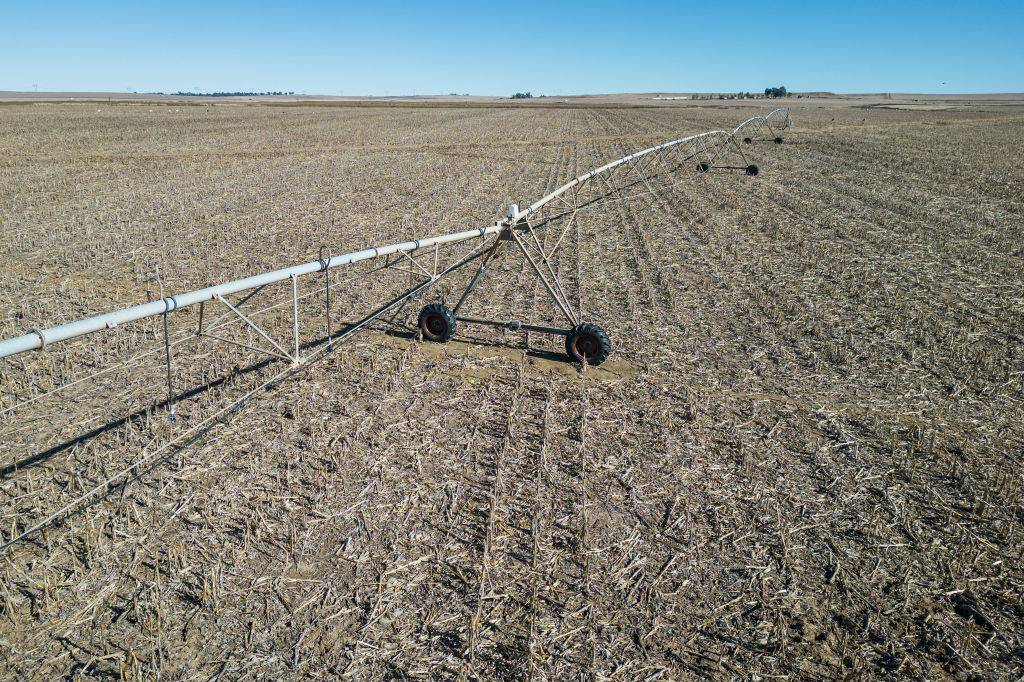The Free Market Foundation has raised concerns about the government’s plans to regulate e-cigarette and vaping products, which it says could push more people towards traditional cigarettes and the illicit market.
The regulations will primarily be introduced through the draft Control of Tobacco Products and Electronic Delivery Systems Bill and new taxes, the think tank said.
“The South African government argues that e-cigarette and vaping products are harmful and warrant regulation. However, e-cigarettes and vaping innovations are tobacco harm-reduction products, aimed at mitigating the adverse health impacts associated with combustible tobacco products,” it said.
It warned that heavy regulation will lead to exorbitant costs, and consequently disincentivises the uptake of alternatives, leading to the opposite of the intended effect.
“The total excise duty to be levied on nicotine and a non-nicotine solution, e-cigarettes and vaping, will range from R33.30 to R346. Therefore, poorer communities, suffering disproportionately from tobacco-related diseases, would be more incentivised to continue smoking cigarettes than pick healthier alternatives,” it said.
“In reality, smokers may simply opt for illicit products which are cheaper, and constitute 42% of the informal market for cigarettes. Additionally, illicit goods are more harmful since production standards are not adhered to.”
Taxes
Presenting his 2022 Budget Speech, finance minister Enoch Godongwana confirmed that the government is proposing to introduce a new tax on vaping products of at least R2.90 per millilitre from 1 January 2023.
Treasury proposes to introduce a specific excise tax on both the non-nicotine and nicotine solutions used in e-cigarettes and intends to use its existing policy guidelines applicable to other excisable products to do so.
For example, traditional tobacco products are subject to excise duties at a rate of 40% of the price of the most popular brand in each tobacco category. When applied to e-cigarettes, users could pay excise duty ranging from R33.60 to R346.00 per product, depending on the nicotine content and size of that product.
The average excise rate for e-cigarettes is proposed at R2.91 per millilitre and apportioned in a ratio of 70:30 between nicotine and non-nicotine elements.
Essentially, users could pay R2.03 per millilitre of e-cigarette solution containing nicotine and 87 cents per millilitre of e-cigarette solution that contains no nicotine, if the draft proposals are accepted and become legislation.
Products with higher nicotine content, it is proposed, will attract a higher rate of duty compared with lower nicotine products.
“National Treasury’s proposals to tax e-cigarette solutions that contain no tobacco or nicotine may, in particular, be questioned by some stakeholders, as it does not necessarily support the government’s stated policy intention of reducing the consumption of tobacco products.
“It also could stimulate the illicit trade in e-cigarettes, as has happened in the tobacco sector,” said legal firm Webber Wentzel.
Read: South Africa beer, wine and cigarette prices to go up – with new vaping tax planned
















.jpg?itok=F2C4uk0x)




Discussion about this post